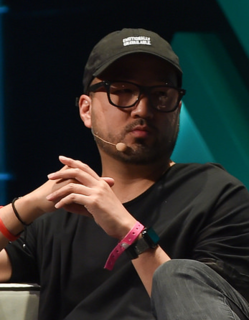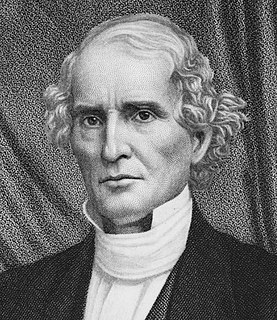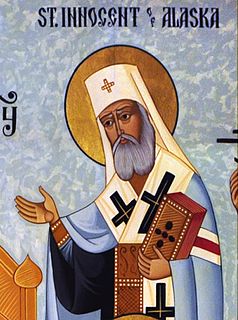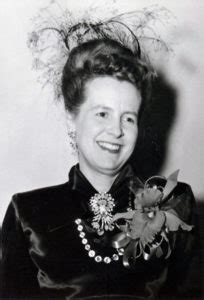A Quote by Elisabeth Elliot
Waiting on God requires the willingness to bear uncertainty, to carry within oneself the unanswered question, lifting the heart to God about it whenever it intrudes upon one's thoughts.
Related Quotes
God is the treasure, and where the treasure is, there is the heart. By this we may test our love to God. What are our thoughts most upon? Can we say we are ravished with delight when we think on God? Have our thoughts got wings? Are they fled aloft? Do we contemplate Christ and glory? A sinner crowds God out of his thoughts. He never thinks of God, unless with horror, as the prisoner thinks of the judge.
Knowledge about God is of two kinds, direct and indirect. Indirectly we can read scriptures, listen to sermons, consult authorities, and from these sources build a reasonable case that God exists. But such a God transmits no love to Earth. Therefore nothing substitutes for gyana, which is direct knowledge of the divine. Instead of having thoughts about God, you share God's own thoughts. Her thoughts can only be about Herself.
The first duty of a Christian, of a disciple and follower of Jesus Christ, is to deny himself. To deny oneself means to give up one's bad habits, to root out of the heart all that ties us to the world; not to cherish bad desires and thoughts; to quench and suppress bad thoughts; to avoid occasions of sin; not to do or desire anything from self-love but to do everything out of love for God. To deny oneself means, according to the Apostle Paul, to be dead to sin and the world, but alive to God.
The writing life requires courage, patience, persistence, empathy, openness, and the ability to deal with rejection. It requires the willingness to be alone with oneself. To be gentle with oneself. To look at the world without blinders on. To observe and withstand what one sees. To be disciplined, and at the same time, take risks. To be willing to fail - not just once, but again and again, over the course of a lifetime.
What has happened to our ability to dwell in the unknowing, to live inside a question and coexist with the tensions of uncertainty? Where is our willingness to incubate pain and let it birth something new? What has happened to patient unfolding, to endurance? These things are what form the ground of waiting.


































